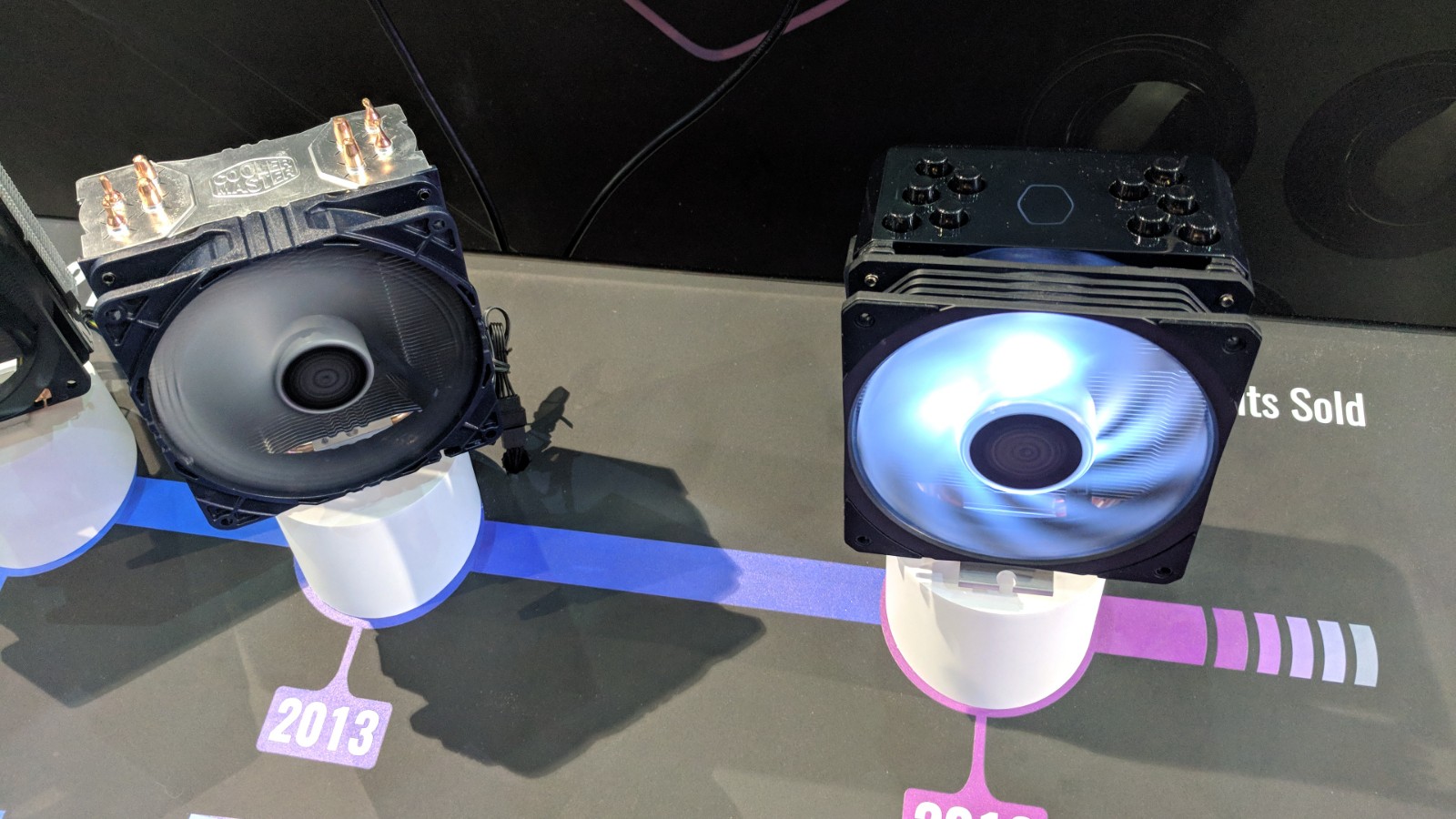
Hyper 212 evo review linus plus#
Cooler Master Hyper 212 Plus Specsĭirect Touch Heatpipes (smoother surface).

NZXT's Respire T20 / T40 coolers that recently came out, and we have those benchmarks below.Īs a quick aside: If the noise reduction aspect of aftermarket cooling is enticing to you, check out GN Nick's latest " Quiet Down Your Gaming PC" article. That's why I was eager to pit Cooler Master's Hyper 212 Plus vs. The thing is, though, not every rig can justify an extra $10-$20 on a cooler when it's simply not going to need more than moderate thermal dissipation. Other options seemed better, even if they were a few bucks more expensive. They've been on the market for a while and have been proven in rigs, but I never really thought they were all that good, if I'm honest.
Hyper 212 evo review linus series#
the NZXT Respire T20 / T40 and other models.ĬM's Hyper 212 series has made a deep impact on the system building community, and Newegg's reviews prove that - the Hyper 212 Plus (sometimes called Hyper 212+) has more than 3,700 user reviews and the Hyper 212 EVO has more than 1,100. This review benchmarks Cooler Master's Hyper 212 Plus, one of the best-known CPU coolers on the market, and then compares it vs. There are elements to prioritize, though, and we can uncover what differences make the largest impact by benchmarking a wider array of units. There's a lot of engineering that goes into a quality CPU cooler and, as with any quality engineering, you won't find the best possible designs for entry-level coolers.

Aftermarket CPU coolers, much like RAM, are a commodity in the mainstream market they're not necessary to operate at stock frequencies, but are nice to have for decreased noise pollution and decreased room temperatures (I'm only sort of joking - my system easily increases room temps by a degree or two).įor lightweight overclocking, of course, the story is different - these coolers are necessary to protect the chip and increase core stability when under load. Adding an aftermarket CPU cooler to your gaming system will undoubtedly tighten thermal differentials to a more predictable range, and while semiconductors do "like" heat to a limited degree, CPUs have trouble operating under intense, fluctuating thermal load.


 0 kommentar(er)
0 kommentar(er)
